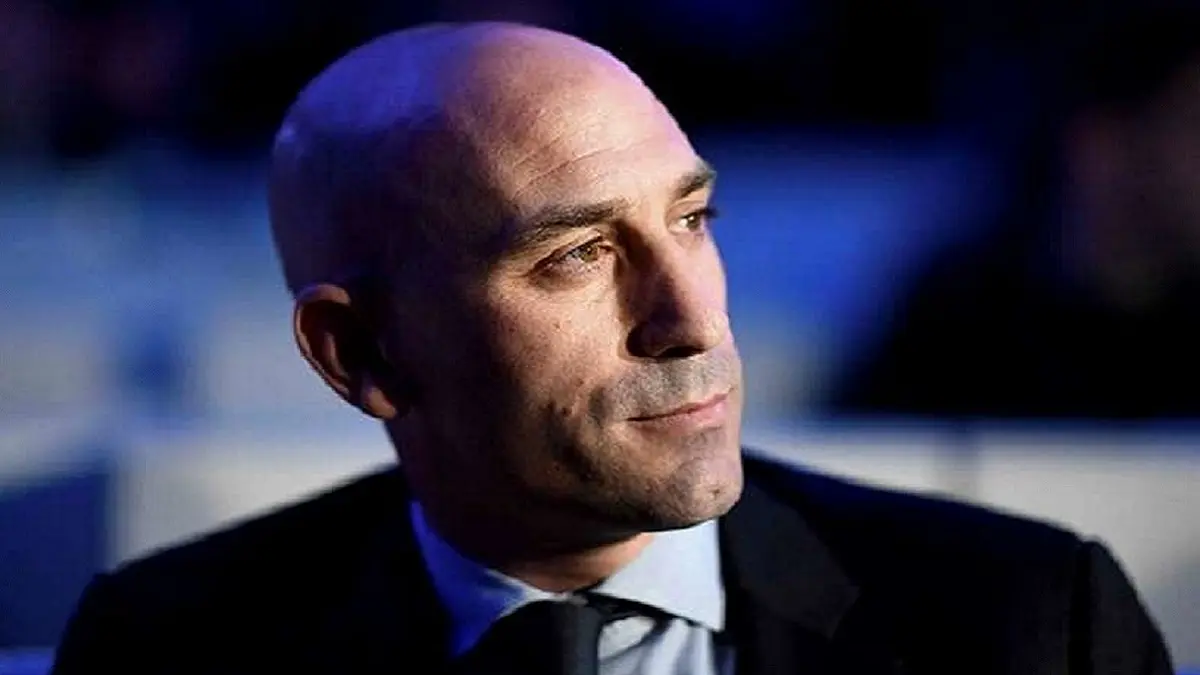Who benefits from the lynching of Luis Rubiales?

When I saw the images on TV and heard the news, I thought: "another summer soap opera". The gesture of Rubiales kissing the player Jennifer Hermoso did not seem ethical to me; it was neither the time, nor the place, nor the way to celebrate the formidable triumph of the women's national football team by winning the World Cup. It was, it is true, part of the fanaticism that mass sporting events provoke, ranging from the boundless euphoria of the fans, to scenes of jubilation and popular celebration, sometimes ending with the violence of hooligans and the brutality of the ultras. This time it was just a kiss, wrong and mistaken, but just that: a kiss.
What I could not imagine, and what has ended up worrying me a lot, is what was going to happen in the following hours and days. What began with a forced kiss has ended with the preambles of a popular lynching in the public square. Someone has taken the matter on the fly, to force the machine. The unanimity of the media of all colours in whipping up the lynching worries me; the scarcity of thoughtful and reassuring voices, even more so.
For the time being, all those who wanted, for various reasons, to minimise the victory of the women's XI have won. The uproar has been so great that few Spaniards today know the result of the match, or who scored the winning goal, or the names of the starters and substitutes. The only thing on everyone's mind is the mortal sin of Luis Rubiales, which the stupid, and there are many, do not hesitate to describe as "rape".
This is worrying. But it is even more worrying to note that the whole scaffolding of the official banner of governmental feminism has taken to the streets to call for the head of the disgraced Rubiales. The same people who have practised the ostrich technique in the face of the monstrosity of "the 721 sex offenders who have had their sentences reduced and the 74 who have been released from prison" due to the iniquitous 'only yes is yes' law, according to data from the General Council of the Judiciary drawn up five months after its entry into force, this time these same individuals have not hesitated to take to the streets and squares to call (symbolically, thank goodness!) for the crucifixion of the "aggressor". None of them have lifted a finger in the towns and cities where the released rapists, paedophiles and sex offenders walk around in peace. There have been no lynchings there; there have been no press campaigns and harassment of the released criminals.
In the statement made public by the footballer Jenny Hermoso, in which she declares that she felt bad, forced and disgusted by the incident, the most striking thing in my opinion is the phrase "I have taken the decision not to return to play for the national team as long as the current leaders continue". Jennifer Hermoso does not only point the finger at Luis Rubiales, but stigmatises the entire management of the national team and sporting bodies. She denounces a culture, a tradition, a way of being and behaving. And that is how it is. But the solution is not lynching, but education, equality and justice.
This is what the mother of Luis Rubiales, Ángeles Béjar, who has started an indefinite hunger strike inside a church in Motril, "because she wants a solution to be found to the "inhuman and bloody hunt" that, according to her, her son is suffering", and at the same time she is asking the player Jennifer Hermoso to tell the truth.

